Share
Saint Lucia Builds Responsible Tourism
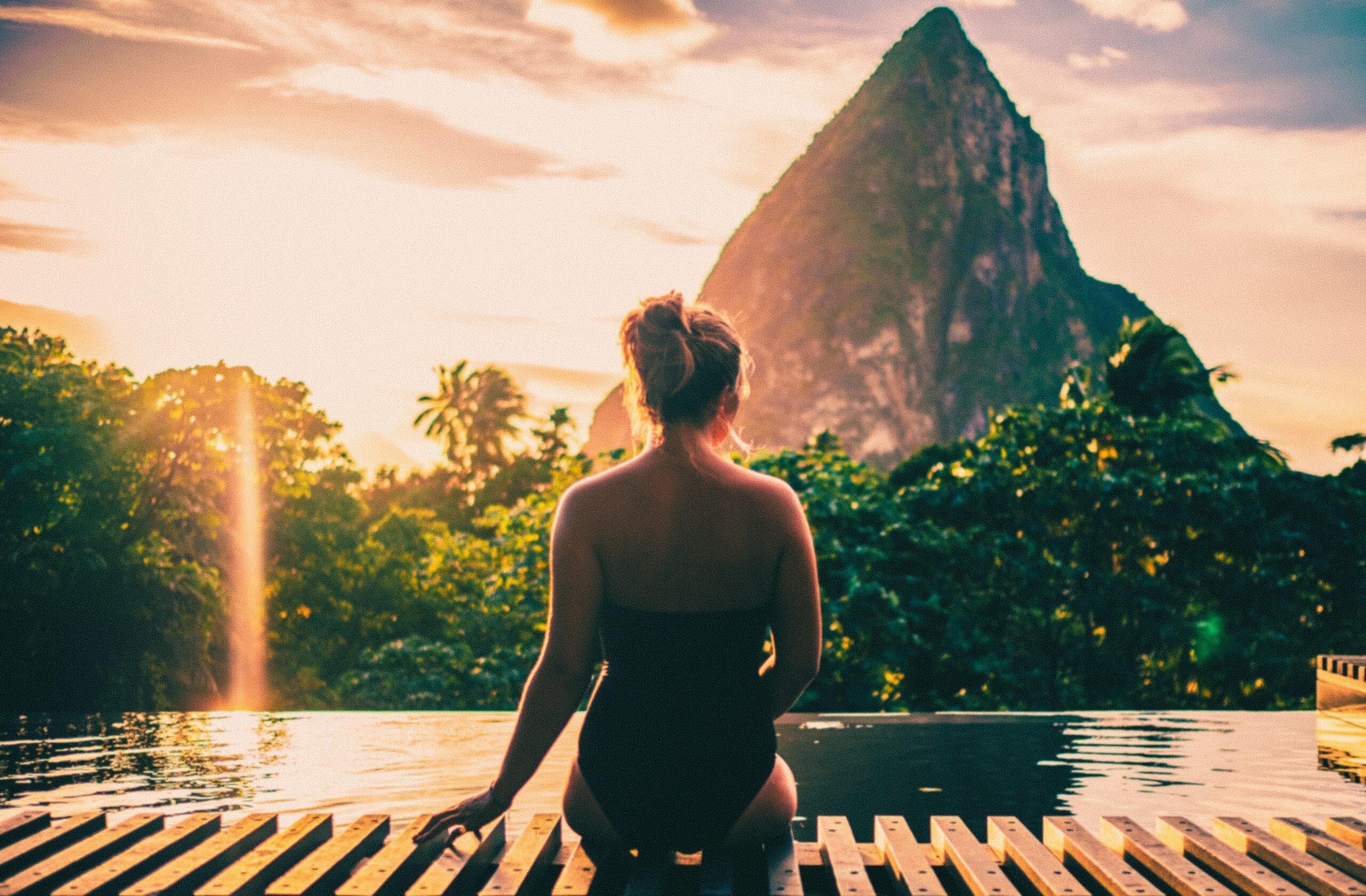
Saint Lucia Targets Responsible Tourism
Saint Lucia’s tourism development has been placed squarely in the camp of Responsible Tourism – a tourism that promotes responsibility to the environment through its sustainable use; responsibility to involve local communities in the tourism industry; responsibility for the safety and security of visitors and responsible government, employees, employers, unions and local communities. (South Africa Tourism White Paper, 1996)
Saint Lucia’s Tourism Strategy and Action Plan (2020-2030) categorically states that the country will focus on “Responsible Tourism development.”
Almost two decades ago, the tiny Caribbean island state of Saint Lucia decided to build Responsible Tourism. Its National Tourism Policy (2003) outlines a sustainable approach to tourism development and points to the need to “involve communities, build talent, conserve the environment and at the same time allow Saint Lucians to enjoy and benefit from the same environment, adopt technology, and to develop high quality tourism products, among others.”
Saint Lucia is Boutique to the Bone
Saint Lucia is a Caribbean island that is ‘Boutique to the Bone’. Everything about Saint Lucia is ‘boutique’. St Lucia is a small island with amazing natural attractions, including the majestic twin mountains, the Pitons, sulphur springs, the world’s only drive in volcano, in-tact rain forests, cascading waterfalls, a botanical garden, authentic village life, World Heritage Site and much more. The island has a number of small boutique hotels that are immaculately elegant. Home of one of the highest Nobel Prize Winners per capita in the world, this island is well-heeled, with truly amazing local people.
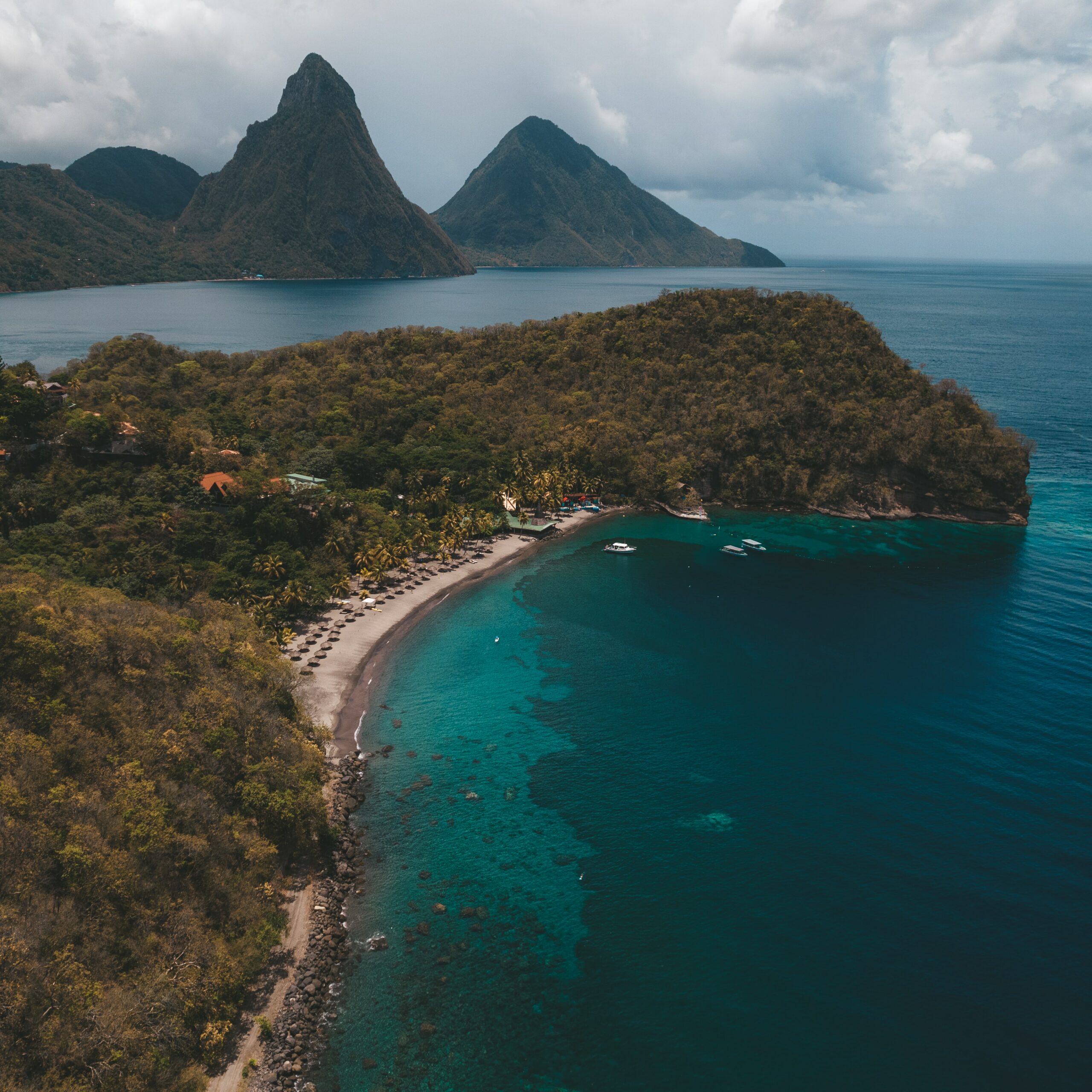
All Inclusive Resorts Dominate
Saint Lucia perhaps has one of the highest concentrations of all-inclusive hotels in the Caribbean – hotels where room, board, all meals, all drinks, airport transfers, sports, entertainment, spa treatments, nannies, gratuities and government taxes are included in one pre-paid price. With these all-inclusive resorts where guests are captive; where the bulk of visitor spending is captured by the hotel; and where guests are tempted not to venture outside of the hotel compound or spend outside of the hotels, there is a real danger that the benefits of tourism do not ‘trickle down’ to the wider society and communities of Saint Lucia.
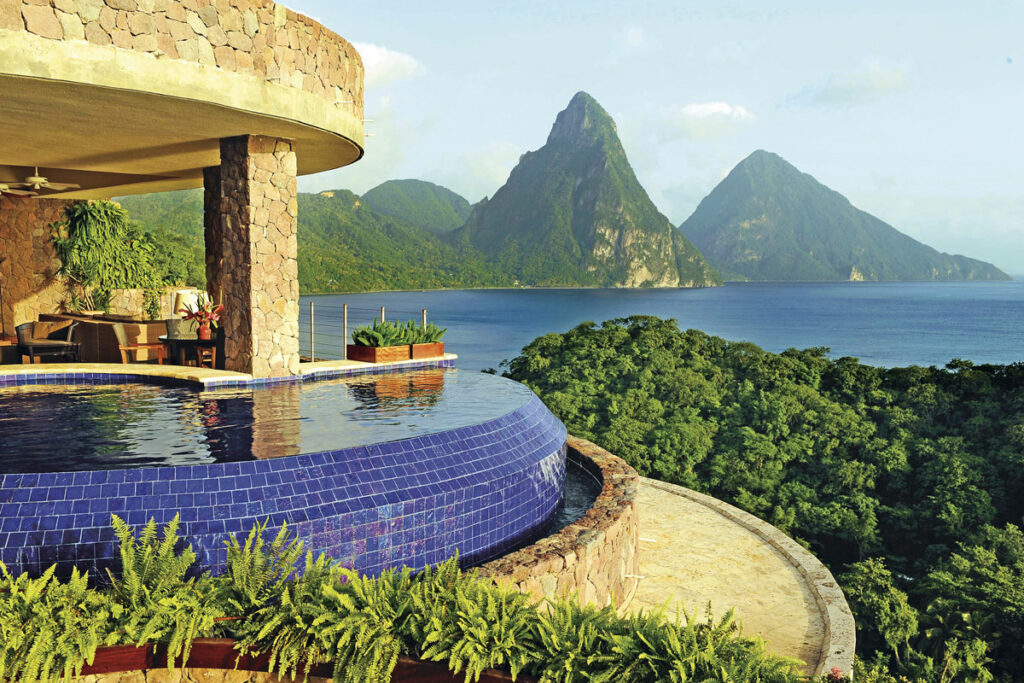
Inclusive Development is Needed
While highly successful in Attracting high-end travellers to its boutique hotels and resorts, many of which are ‘all-inclusive’, there is a danger that the wealth from tourism is not spread to the wider Saint Lucian communities. This is why the St. Lucia tourism policy (2003) is ultimately aimed at “ensuring that the benefits generated from tourism are as widely distributed as possible throughout the nation and among local communities”.
In the Caribbean, and indeed in Saint Lucia, there is need for a more ‘inclusive’ type of development, where locals are included in, and benefit from, the development of tourism.
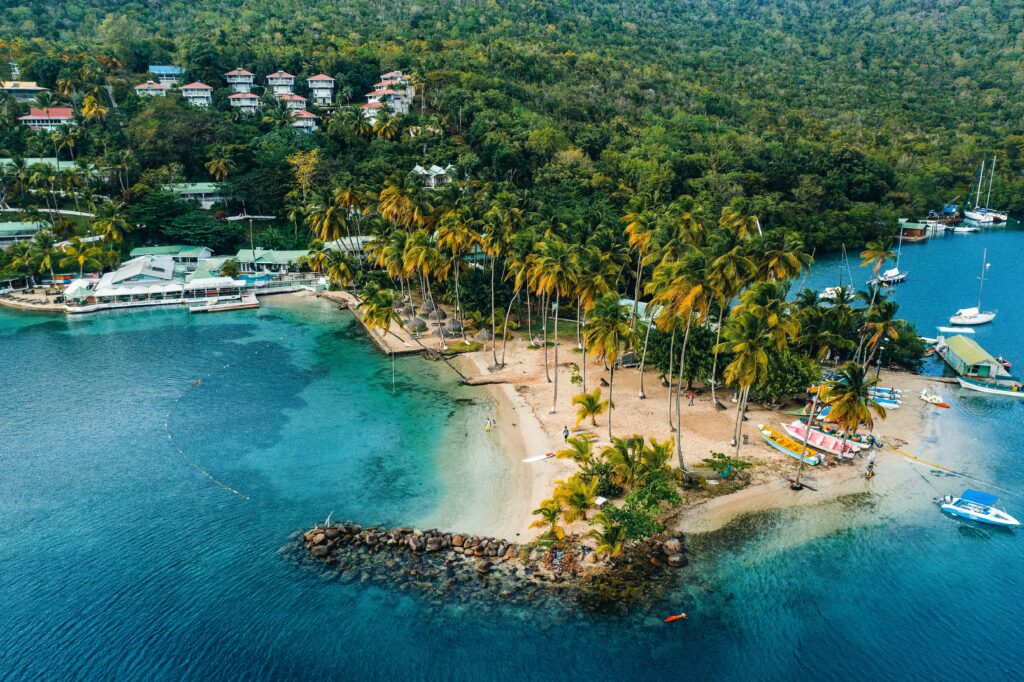
Responsible Tourism
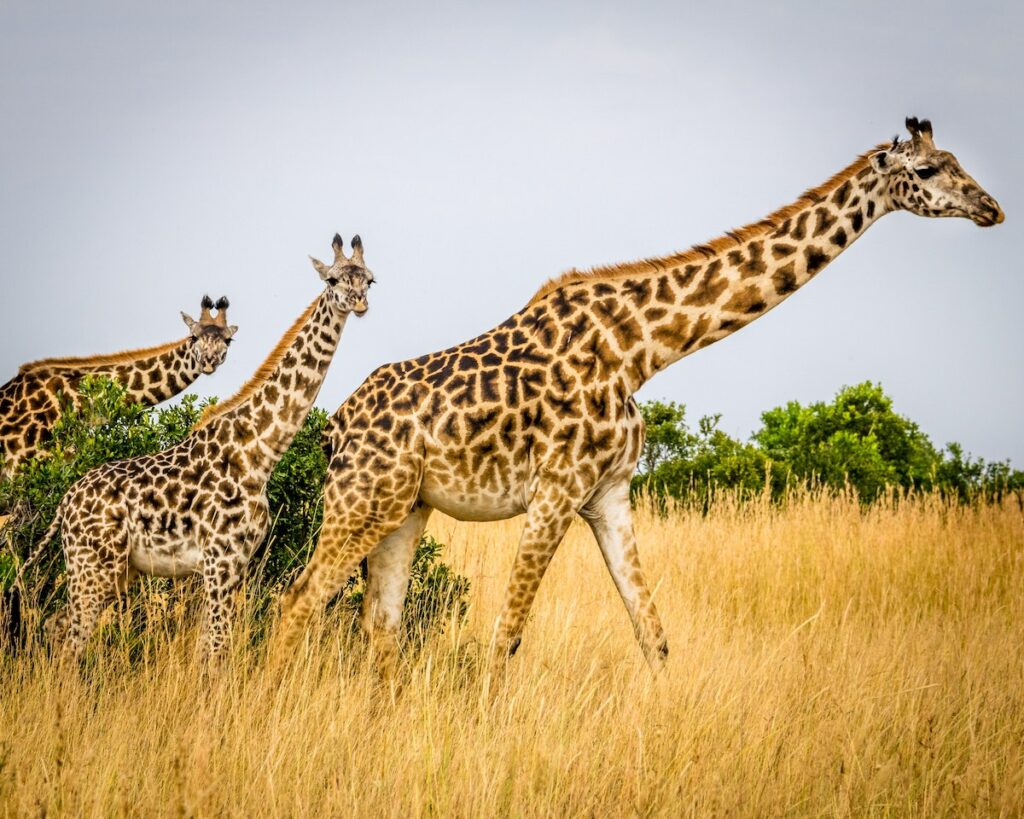
Originating in South Africa, Responsible Tourism was considered the ‘only logical solution’ to grow and sustain tourism in a post-Apartheid South Africa. – a country that was rife with Apartheid inequalities that existed among the previously advantaged (whites) and previously disadvantaged (black and coloured) groups (Poon, 2022).
Responsible Tourism is social and economic, as it is environmental.
With its four pillars, focusing on people, profit, product and planet, Responsible Tourism can assist in delivering a more equitable tourism for St. Lucia.
Responsible Tourism is a vital tool that can become the vehicle for inclusive and regenerative development.
We would love to hear from you. Engage with us. Leave a comment below.
About the Author:
Dr. Auliana Poon
Managing Director / Chief Strategist
Leve Global

Dr. Auliana Poon heads Leve-Global. She is a courageous and passionate businesswoman. A trained Economist, Dr. Poon is a management consultant and strategist with a focus on trade and strategy development, competitiveness, climate adaptation, and regenerative economic growth. Dr. Poon led teams that developed innovative economic solutions for over 50 countries around the world including Australia, Barbados, the Bahamas, Iceland, Indonesia, Jamaica, Mauritius, Mozambique, Singapore, Seychelles, South Africa, Swaziland, Switzerland and Zambia.
An experienced researcher and analyst with fiercely independent thought, Dr Poon believes that developing countries cannot continue to compete with natural attributes of Sun, Sand, Sea, Oil and Natural Gas alone. For success and sustainability, more people-centred, culture-oriented, innovation-based, sustainability-directed, technology-focused and talent-driven approaches are needed.
